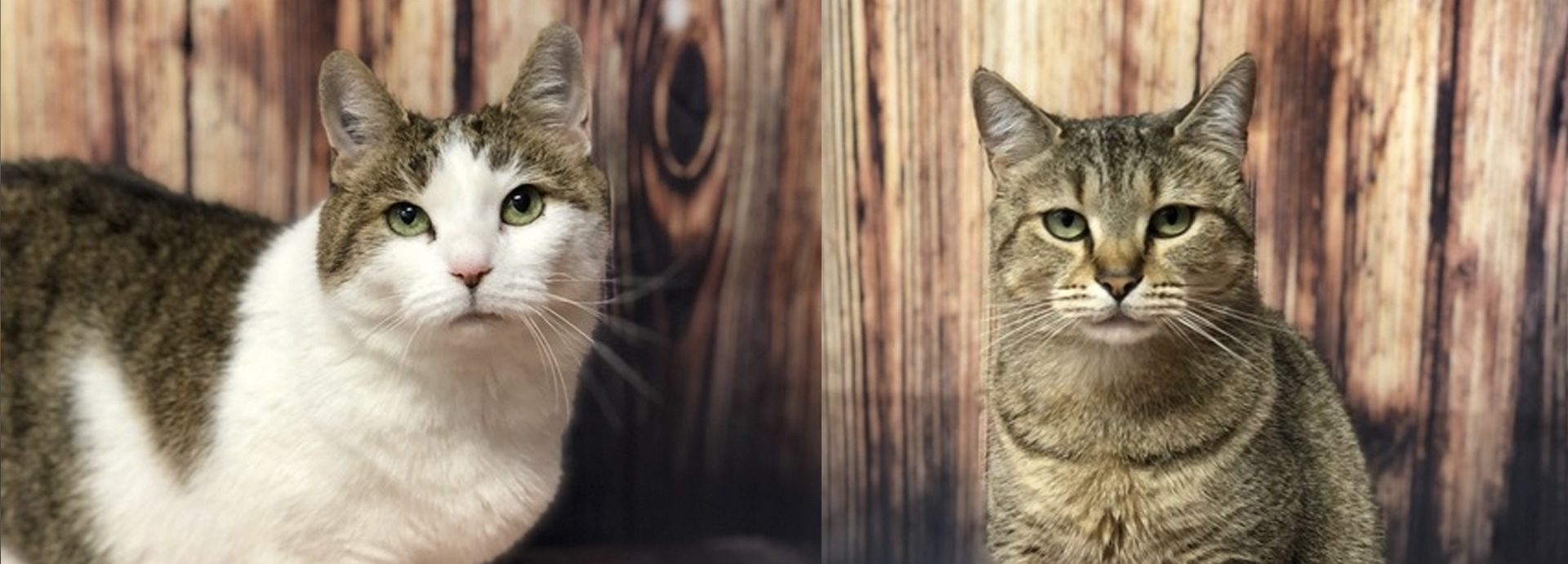If you happen to visit Shannon Keith’s Los Angeles office, there’s a good chance you’ll meet a gray-and-white cat named Amelia.
As the resident office cat, Amelia doesn’t give visitors much choice.
“She’s like the queen of the office,” Keith tells MNN. “She greets everybody.”
It wasn’t always like that. In fact, when Amelia arrived at the Beagle Freedom Project just a few months ago, the first thing she did was find a hiding place.
Because, you see, for much of Amelia’s life, human hands were wrapped in white gloves. And they only delivered misery.
Amelia, like her fellow office cat Phoebe, are among countless cats, dogs — even rabbits, pigs and ferrets — the Beagle Freedom Project has saved from laboratories across the United States.
The truth about animal testing
“Most people don’t know that dogs and cats — just like the dogs and cats they share their homes with as members of their family — are being tested on and tortured every single day,” says, Keith, who founded the organization in 2010.
Indeed, she adds, at this very moment there are 100,000 cats and dogs at testing facilities in the U.S. But the reason why most people have no idea that animals are laying down their lives for cosmetics and soaps and household cleaners is because companies have gotten very good at keeping that information hidden.
“Many Americans don’t even realize animals are being experimented on in their own backyard, by companies whose products they use every day,” Keith says. “The thing is, the entire animal testing industry does a really great job of hiding what they do. They don’t want the public to know they’re testing on animals. Especially dogs and cats.”
And the best way to keep that secret? Make sure animals live and die as company property.
“They don’t want to release the animals,” Keith says. “Because releasing the animals means that the public’s going to find out that they test on your best friend.”
The Beagle Freedom Bill
That’s why Keith’s organization has lobbied so tirelessly to get the Beagle Freedom Bill passed. The bill, which was originally conceived as a lifeline for beagles — dogs with the dubious distinction of being the most popular test subjects — would force companies to release all animals to nonprofit groups when the testing is finished.
Having been passed already in nine states, the bill is gaining traction at a time when companies have grown more determined than ever to keep the animals — and the secrets they represent.
“In the very beginning, when we were very tiny, we were able to work really well with the laboratories,” Keith notes. “And they would release to us with confidentiality agreements. But once we started getting bigger, and started getting into legislation, they stopped working with us. Because they didn’t want anyone to know about what they were doing.
“Many of them point-blank told me, ‘We would rather kill these dogs than give them to you.'”
The Beagle Freedom Bill is prying those animals from corporate hands, and giving groups like Beagle Freedom Project a chance to show them a better side of humanity.
The organization not only takes in animals of every stripe, even rescuing them from high-kill shelters, it also heals them before finding them real homes.
And laboratory cats bring a lot of psychological baggage.
A classic cat trait, turned against them
“Cats take longer than dogs,” Keith says. “And that’s, I think, because of the way they’re treated in a lab. Not that dogs are treated well, but cats are treated worse.”
In a way, cats may be victims of their reputation for aloofness.
“Cats, specifically, are more abused than dogs,” Keith says. “Because the lab workers have less of a connection with cats. So when we are able to get them out — which is few and far between — they’re very psychologically hurt.
“They’ve lived in a cage their whole life. The only interaction they’ve had with humans is a gloved hand, needles, electrodes…”
Naturally, those cats nurse a healthy terror of human hands.
“It’s our job to rehabilitate them and get them to trust us. And get them to love and to know that they’re going to have a life now.”
Keeping the issue in the spotlight
But while the Beagle Freedom Bill gets footing in more states, another political curtain is falling on the animal testing sector. Companies that test on animals may have found a new means to keep it secrets from the general public.
“Ever since the Trump administration took over, the USDA scrapped their files online and removed the database that was required by law to let us know where all the animals are and what they’re being tested for,” Keith says.
As a result, these animals can live and die anonymously. By removing the online database, the USDA has effectively removed evidence that these animals exist at all.
But Keith isn’t going to let them turn the lights off on lab animals.
Beagle Freedom Project has joined several other animal rescue groups to take the USDA to court and force the agency to bring its database back online.
For now, Keith is focused on the animals that made it out alive.
Last week, the group rescued 20 cats.
“Several of them were from animal testing facilities,” she says. “We rescued them before they were killed. The rest we rescued from death row in high-kill shelters in Los Angeles.”
All of them will need a home. But not before spending all the time they need with Beagle Freedom Project — where they can leave all that terrible luggage behind, and learn that some humans hands hold the light of hope.
Original Article: Mother Nature Network
